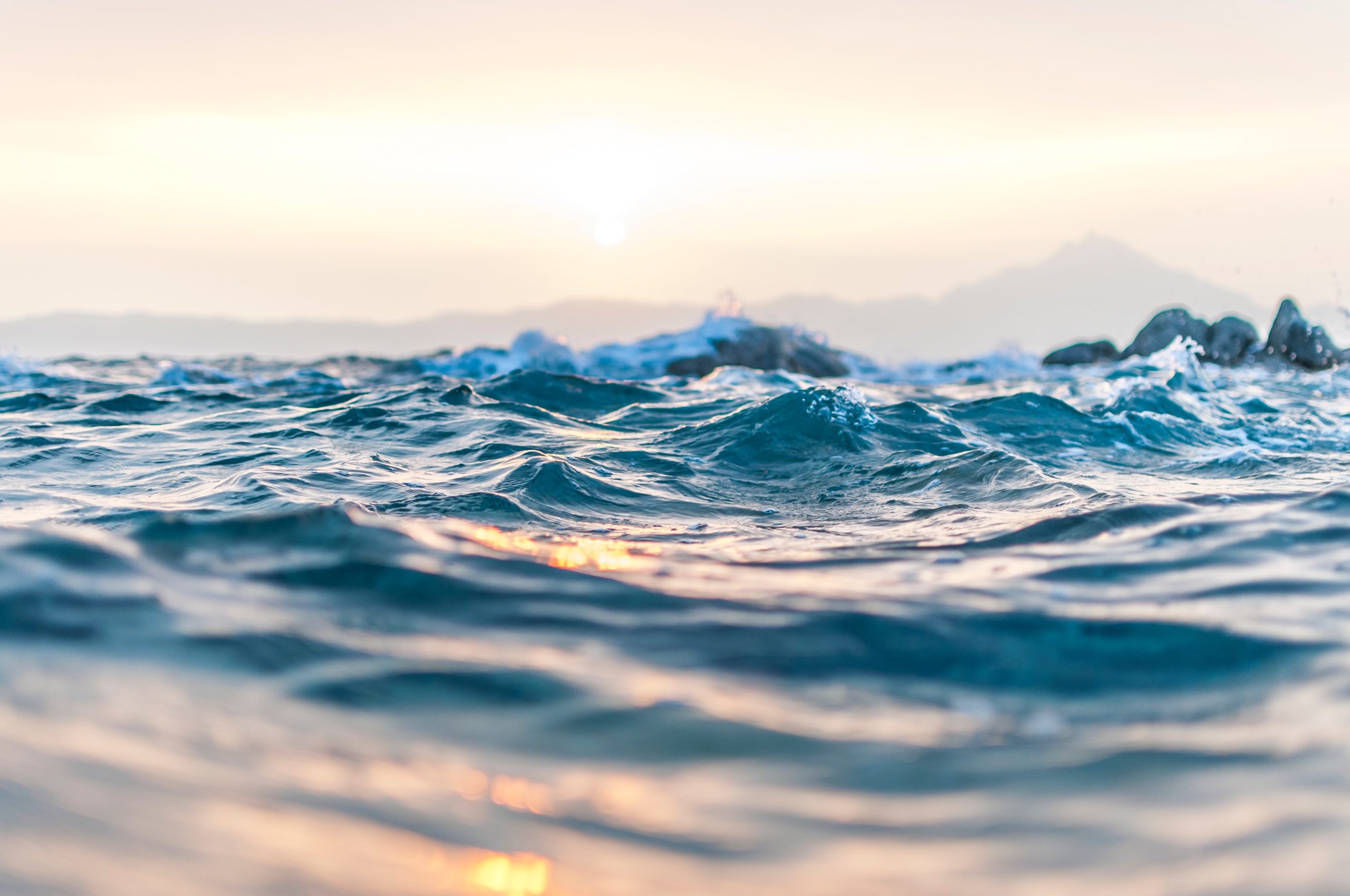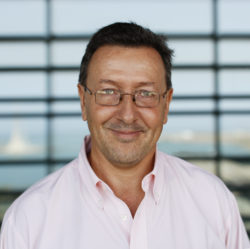
CHOW Chat: Dr. Carlos Duarte on Optimism vs. Hope
 Dr. Carlos Duarte is a professor at King Abdullah University of Science and Technology (KAUST) and a panelist on the Cooperating for Our Global Ocean session at Capitol Hill Ocean Week (CHOW). Dr. Duarte’s research focuses on understanding the effects of global change in marine ecosystems and developing nature-based solutions to global challenges, including climate change, and develop evidence-based strategies to rebuild the abundance of marine life by 2050.
Dr. Carlos Duarte is a professor at King Abdullah University of Science and Technology (KAUST) and a panelist on the Cooperating for Our Global Ocean session at Capitol Hill Ocean Week (CHOW). Dr. Duarte’s research focuses on understanding the effects of global change in marine ecosystems and developing nature-based solutions to global challenges, including climate change, and develop evidence-based strategies to rebuild the abundance of marine life by 2050.
He was kind enough to answer a few questions about the future of our global ocean and his participation in CHOW.
Will this be your first time participating in Capitol Hill Ocean Week, either as a panelist or an attendee? Are you excited for the experience? What have your impressions been?
I feel honoured to have been invited to join CHOW as a panelist, and very eager to contribute. Of course, the current times do not allow for a full experience, including interaction with the audience, which will remain invisible to me, but I am excited that the organizers have found a model that will allow CHOW to proceed and possibly even have a broader reach than if the event would have been in physical attendance.
I was also very positively impressed by the care that has been taken in providing guidance to the panel on how to structure the discussion, and the high level and experience of the moderator and fellow panelists in my session.
I imagine in your panel, Cooperating for Our Global Ocean, you may spend some time discussing your recent paper in Nature on rebuilding marine life as a “doable” grand challenge. What gives you optimism for our ocean?
I believe I am more hopeful than optimism. Optimism does not require effort, whereas hope is “a verb with the sleeves rolled up,” which acknowledges the difficulties and the roadblocks but also sees a path to achieve a positive outcome. In the case of the ocean, we have a window of opportunity, before the ocean degrades beyond a point of no return, where we can still reverse loss and rebuild the abundance of marine life and restore the functionality of marine ecosystems to hand over a healthy ocean to our grandchildren.
I am also hopeful because the goal of a healthy ocean unites us all, regardless of culture, political stand, or faith: humanity shares the vision of a healthy ocean, and I sense that at no time before in my near 40 year career, there have been so many key actors aligned (policy makers, civil society, NGOs, corporations and industry) with the willingness to do whatever it takes to achieve that vision.
You’ve also written about the concept of Blue Carbon and its importance in how we address climate change. Why has this model been so successful in helping policy makers and the public connect conservation of the ocean to the global climate change conversation?
Technology fixes to climate change are expensive and do not value-add benefits beyond the contribution to mitigate climate change. In contrast, Nature Based Solutions (i.e. rebuilding natural carbon sinks in the biosphere) is a value-add solution, which is cost-effective, scalable, generates add-on benefits for adaptation, as well as providing a broad suite of additional benefits, such as biodiversity conservation and food production. Blue Carbon, the vegetated coastal habitats that form the first line of defense of our shorelines (mangroves, salt-marshes and seagrass meadows) rank amongst the most intense carbon sinks in the biosphere and, yet, we lost about half of their global extent.
You are part of a global effort to quantify the impacts of human confinement associated with COVID-19 on natural systems and wildlife. Are there any initial observations from this process yet that you can share with CHOW participants?
There are indeed multiple streams of observations already available, ranging from positive to negative. On the positive side, there is evidence that reduced human presence and activity in the coastal ocean have translated in reduced noise and improved water quality, and led to large marine animals extending their ranges to explore nearshore and even heavily urbanized habitats (e.g. harbors), successful recruitment of sea turtles in highly used beaches by humans around the world, and reduced industrial fishing effort that may catalyze recovery of fish stocks. On the negative side, poaching and illegal fishing have increased, as enforcement agents are locked at home, income from visitor fees to marine parks have decreased adding to strains to support the management programs, along with a disruption of oceanographic research and fisheries assessment, which have been discontinued. As storage facilities on land are fully used, the amount of oil held in supertankers at sea has multiplied by six fold and continues to grow, there are mounting risks of oil spills.
Finally, are there any other sessions or plenaries at CHOW that you are looking forward to watching?
I would love to attend all, which is impossible, as some sessions are concurrent, but hopefully they will be available to be watched after the events. (Ed. note: They will be!) CHOW has assembled an exciting and very timely program, and with the cancelation of many of the high-level events that were scheduled in the 2020 “super-ocean” year, it represents the highest level event with a focus on the ocean that has survived COVID-19.
Mark your calendars for the Cooperating for Our Global Ocean session at Capitol Hill Ocean Week at 11:15AM to 12:15 PM EST on June 9th, 2020. Read more about the panels here. Register for free at capitolhilloceanweek.org.
